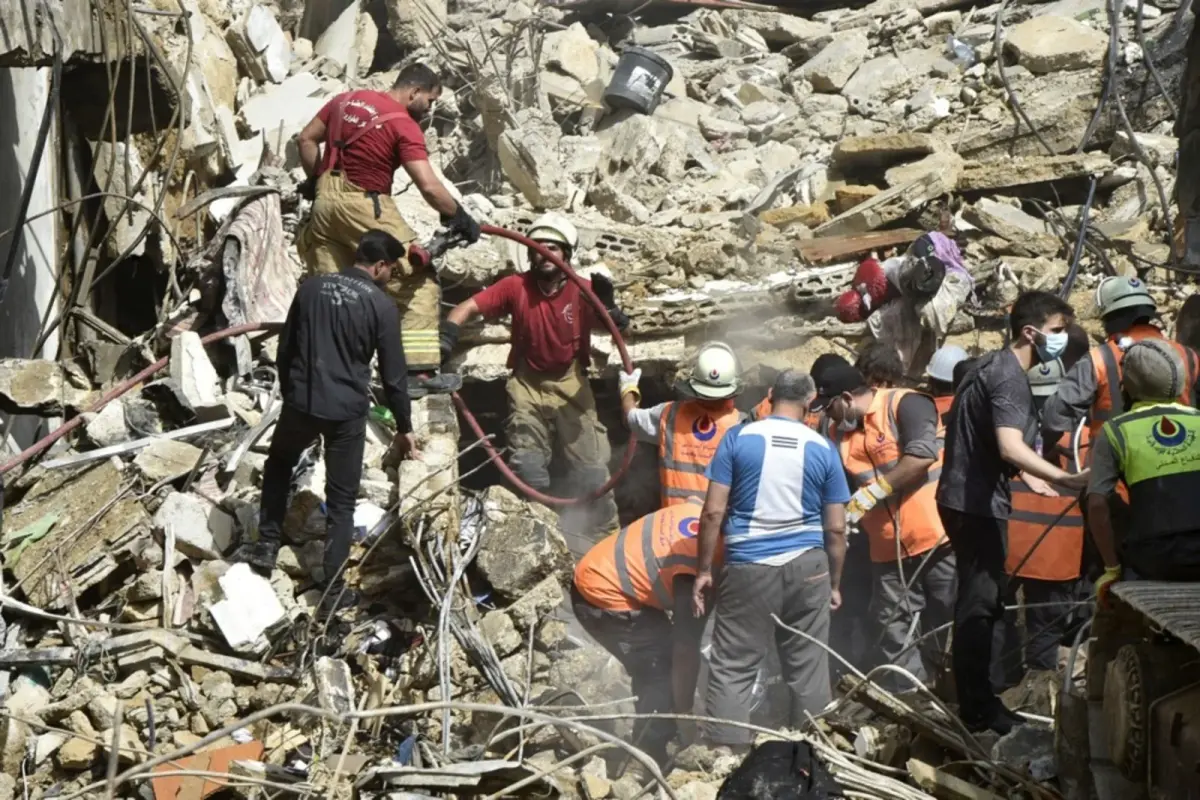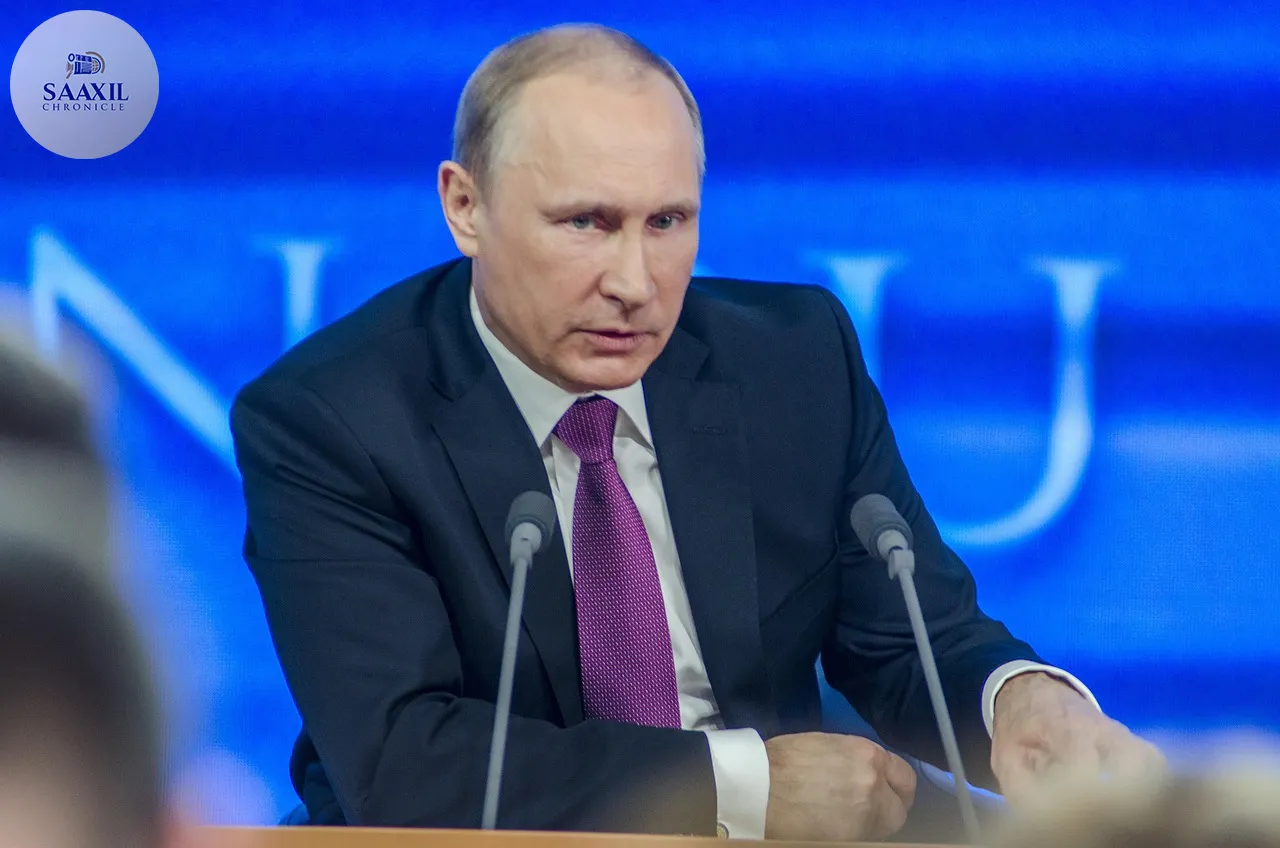In a significant escalation of tensions in the Middle East, former US President Donald Trump has issued a stark warning to Iran regarding the persistent attacks by Yemen’s Houthi rebels. Trump, speaking at a press conference, asserted that Iran’s leadership would be held accountable for “every shot fired by the Houthis,” suggesting that severe repercussions could follow if the attacks do not cease. His remarks underscore the ongoing volatility in the region and signal potential shifts in US foreign policy as tensions rise.
The statement from Trump comes at a critical juncture, as the Houthi rebels, who are backed by Iran, have intensified their attacks in recent weeks. The situation has raised alarms in Washington, prompting Trump to address the issue directly. His comments reflect a broader concern within the US government about Iran’s influence in Yemen and the potential threat it poses to regional stability.

Tensions Escalate as Houthi Attacks Intensify
The recent uptick in Houthi attacks has exacerbated tensions between the United States and Iran. The Houthis, a Shia rebel group, have been engaged in a prolonged conflict with the Yemeni government and its allies. Their recent offensive, which has included drone strikes and missile attacks, has targeted key infrastructure and military positions, drawing international condemnation.
According to military analysts, the Houthis’ capabilities have been significantly enhanced by Iranian support, including advanced weaponry and training. This connection has been a focal point for US policymakers, who view Iran’s involvement as a destabilising factor in the region. Trump’s warning to Iran is seen as an attempt to curb Tehran’s influence and protect US interests in the Gulf.
The Role of the Pentagon: An Open-Ended Operation
In response to the escalating violence, the Pentagon has announced an open-ended military operation targeting the Houthi rebels in Yemen. This operation aims to neutralise the threat posed by the Houthis and restore stability to the region. Pentagon officials have emphasised that the mission’s duration will depend on the evolving situation on the ground and the success of efforts to contain Houthi aggression.
The decision to launch an open-ended operation reflects the complexity of the conflict in Yemen, where multiple factions vie for control. The US military’s involvement underscores the strategic importance of the region and the need to counterbalance Iranian influence. Defence experts suggest that a sustained military presence could deter further Houthi attacks and pressure Iran to reconsider its support for the rebels.
International Reactions and Diplomatic Efforts
Trump’s warning and the Pentagon’s military operation have elicited varied reactions from the international community. Key US allies in the region, including Saudi Arabia and the United Arab Emirates, have expressed support for the American stance, viewing it as a necessary step to counter the Houthi threat. However, other nations have urged caution, advocating for diplomatic solutions to the conflict.
The United Nations has called for renewed peace talks, emphasising the need for a negotiated settlement to end the humanitarian crisis in Yemen. The conflict has led to widespread suffering, with millions facing food insecurity and displacement. Diplomats argue that sustained dialogue is essential to achieving a lasting peace and addressing the root causes of the conflict.
Impact on Regional Stability and US Foreign Policy
The unfolding situation in Yemen has significant implications for regional stability and US foreign policy. Trump’s warning to Iran and the Pentagon’s military operation highlight the challenges facing the Biden administration in navigating the complex dynamics of the Middle East. The US must balance its strategic interests with the need to de-escalate tensions and promote peace.
Experts warn that continued hostilities could lead to broader regional conflicts, drawing in other countries and exacerbating existing rivalries. The US’s approach will likely involve a combination of military pressure and diplomatic outreach, seeking to contain the immediate threat while working towards a comprehensive resolution to the conflict.
In conclusion, Trump’s warning to Iran and the subsequent military response by the Pentagon underscore the high stakes involved in the Yemen conflict. As the situation evolves, the international community will be watching closely to see how these developments shape the future of the region and influence US foreign policy strategies. The path forward remains uncertain, but the need for a balanced and effective approach is more critical than ever.





